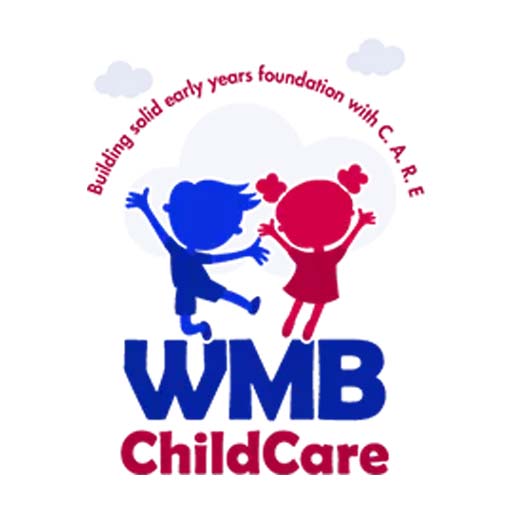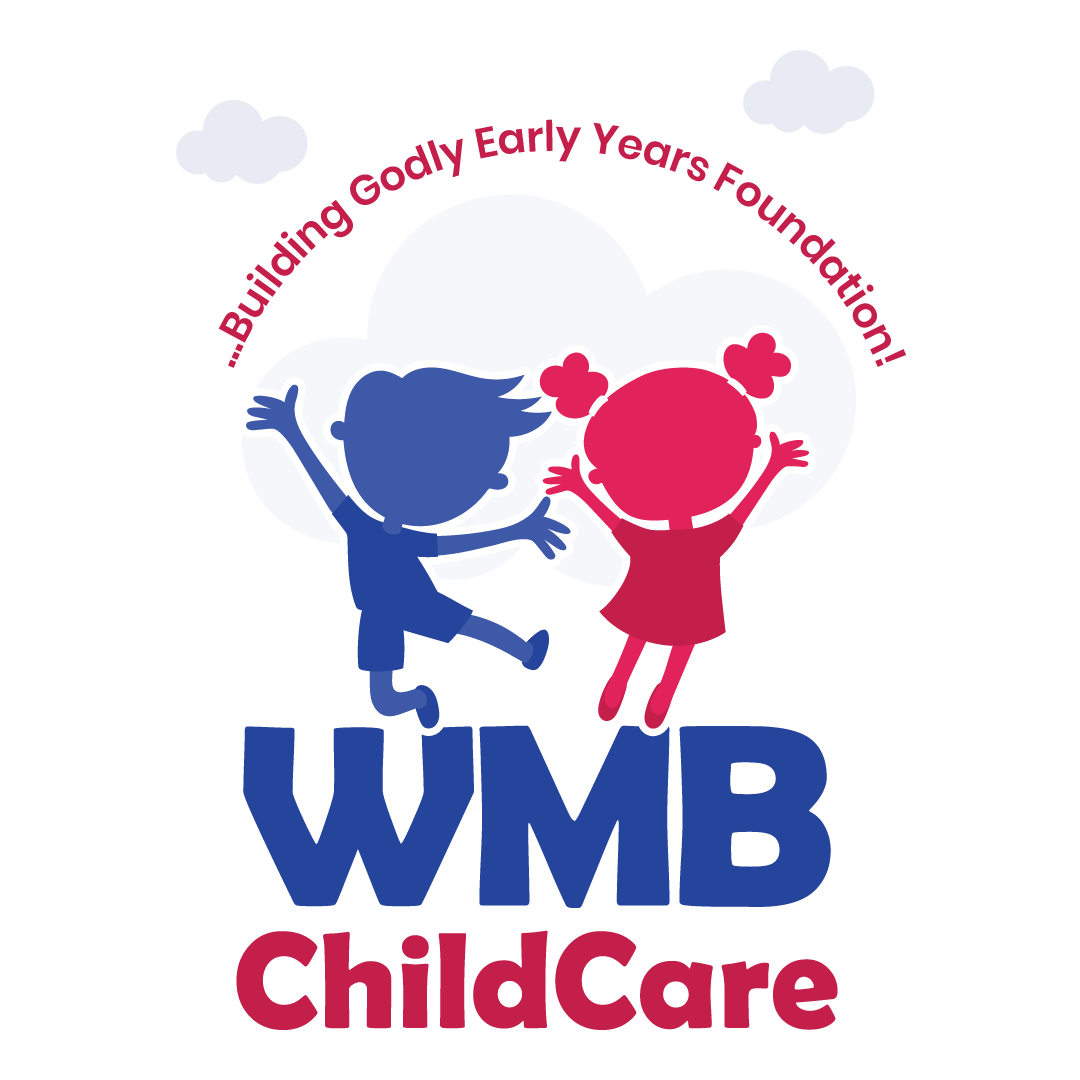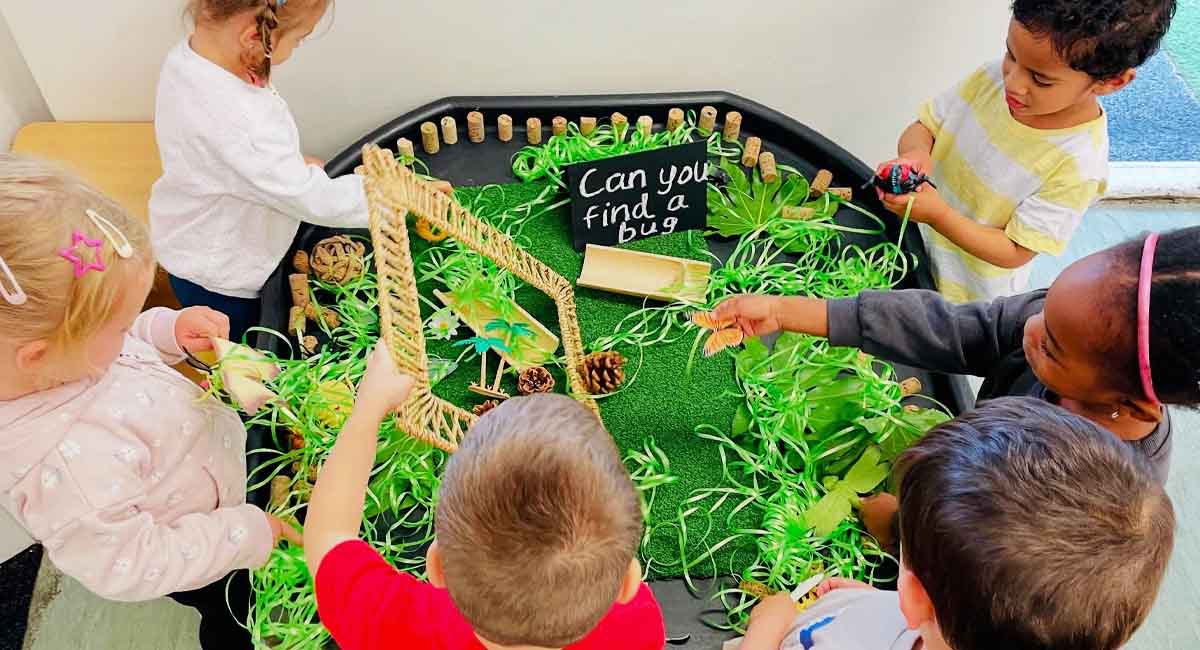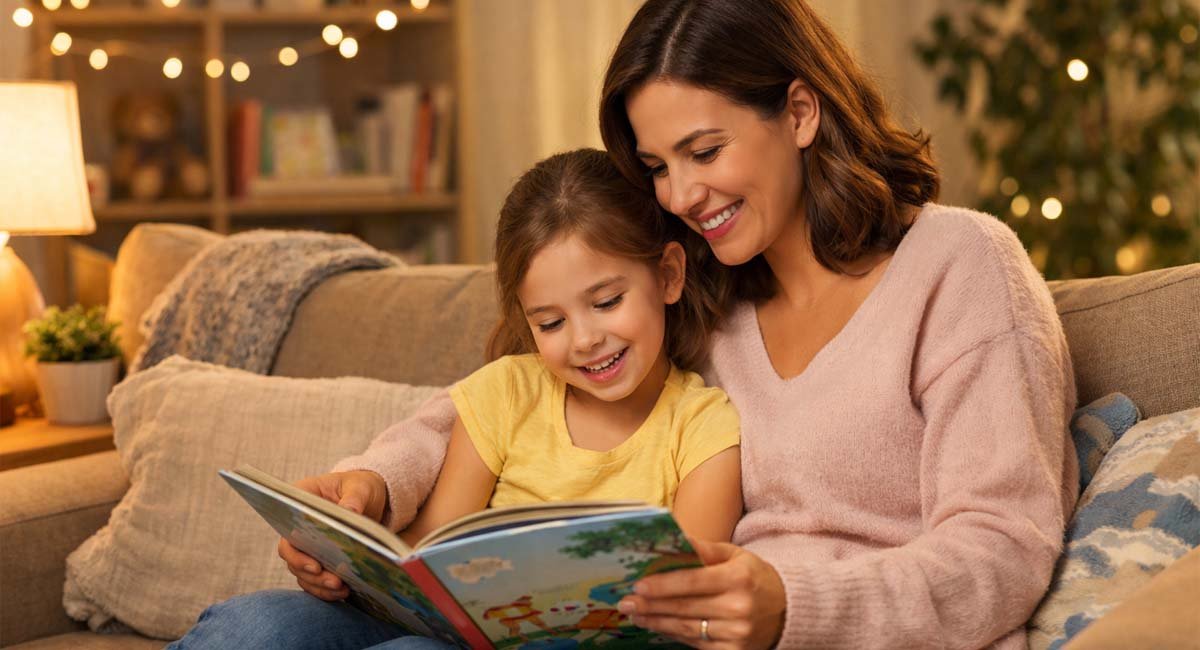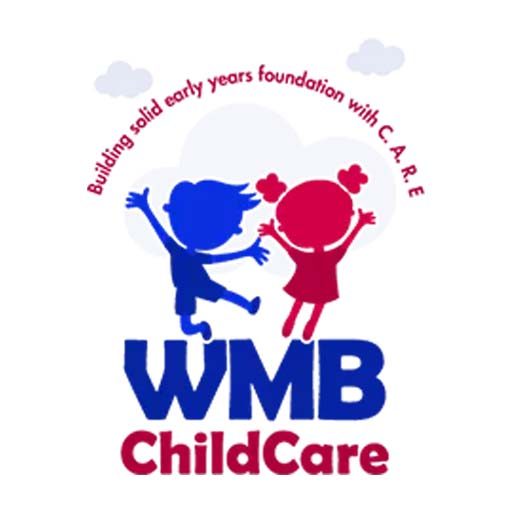Why “Learning Through Play” Truly Matters for Health and Development
When you watch children at play—building with blocks, role-playing as superheroes, or splashing in puddles—it may seem like simple fun. But beneath the giggles and games lies something far more powerful: a foundation for lifelong health and learning.
In fact, researchers and educators agree that play is the work of childhood. It’s how children explore the world, make sense of new experiences, and develop skills that will carry them into school and beyond.
The Health Benefits of Play
1. Physical Development
Running, climbing, cycling, and other forms of active play strengthen muscles, bones, and coordination.
Fine motor activities like threading beads or drawing support hand-eye coordination and early writing skills.
2. Emotional Well-Being
Play helps children process big feelings in safe, creative ways. For example, role-playing “doctor” after a medical visit reduces anxiety.
Physical play also releases endorphins, reducing stress and promoting better sleep.
3. Mental Health & Resilience
Unstructured play fosters independence and self-confidence.
By facing small challenges—like building a tower that keeps falling—children practice resilience and problem-solving.
Cognitive and Learning Benefits
1. Critical Thinking & Problem Solving
When children build, sort, or explore, they’re laying the groundwork for maths, science, and logic.
2. Language & Communication
Pretend play introduces storytelling, new vocabulary, and conversational turn-taking.
Singing and rhymes enhance memory and listening skills.
3. Creativity & Imagination
Through make-believe games, children learn to “think outside the box,” an essential skill for innovation later in life.
Social Development Through Play
Collaboration & Sharing: Taking turns on the slide or negotiating game rules teaches empathy and fairness.
Conflict Resolution: Disagreements during play offer opportunities to practice compromise and communication.
Cultural Awareness: Group games and stories can introduce children to traditions, languages, and perspectives beyond their own.
Backed by Research
The UN Convention on the Rights of the Child recognises play as a fundamental right.
Studies show that children who engage in regular free play demonstrate higher levels of social competence, emotional regulation, and school readiness.
According to the Harvard Center on the Developing Child, playful learning directly shapes the architecture of the developing brain.
Practical Tips for Parents & Childminders
Prioritise Unstructured Time – Not all play needs to be organised; free play sparks creativity.
Mix Indoor & Outdoor Play – Balance puzzles and crafts with active, outdoor adventures.
Join In (Sometimes) – Engaging in your child’s play strengthens bonds and models cooperation.
Limit Screen Time – Encourage tactile, hands-on activities that develop motor skills and imagination.
Provide Open-Ended Materials – Blocks, art supplies, and dress-up clothes inspire multiple types of play.
Conclusion
Play is not “just fun”—it’s the heart of healthy child development. By encouraging children to play freely, we give them the tools to grow physically, emotionally, socially, and intellectually.
At WMB Childcare, we see this truth every day. Whether it’s building dens, storytelling, or painting rainbows, we believe every playful moment is an opportunity to unlock the glory within each child.
✨ Secure Your Child’s Place
Spaces are limited for our new term. Give your child the best possible start in a caring, stimulating environment where their confidence and skills will blossom.
📞 Call us today: 0161 205 9067
📧 Email: info@wmbchildcare.co.uk
